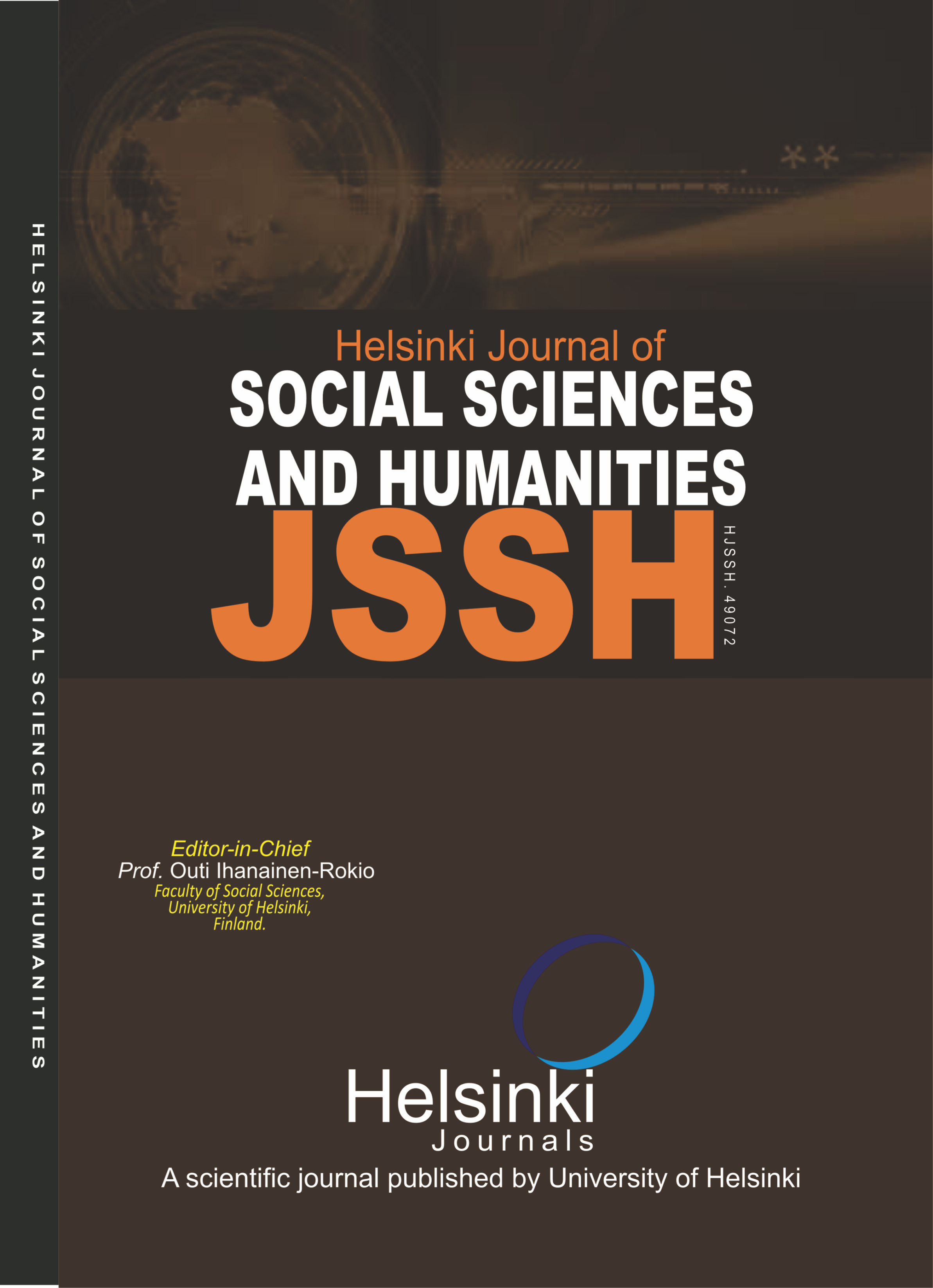HELSINKI JOURNAL OF SOCIAL SCIENCES AND HUMANITIES (HJSSH)
STRENGTHENING ETHICAL PRACTICES IN NIGERIAN EDUCATION: A PHILOSOPHICAL AND POLICY-BASED CRITIQUE
E-ISSN: 7764-9221
P-ISSN: 3442-3567
DOI: https://iigdpublishers.com/article/839
This study explores the ethical underpinnings of the Nigerian educational system, highlighting disconnect between national educational ideals and practical implementation. Using a conceptual analysis approach rooted in philosophical and normative inquiry, the paper identifies key ethical challenges in the sector, including weak moral education, inadequate teacher training, systemic corruption, and inequitable resource distribution. Drawing from classical and contemporary ethical theories, as well as religious traditions, the study critiques the erosion of integrity in teaching and assessment practices. It concludes that reinforcing ethical accountability and professional standards is essential to restoring public trust and improving educational outcomes. The paper recommends targeted policy reforms, improved teacher remuneration and training, and stronger regulatory oversight to rebuild the ethical foundation of education in Nigeria, as well as curriculum integration, whistleblower protection, digital transparency and community engagement in order to situate the educational system in an ethical base.
Perpetua O. Ezeji Ph.D, Awu Chima Orji Ph.D & Ifeyinwa Okereke Ph.D
Adebayo, E. (2017). Exam malpractice in Nigeria: Causes and consequences. Journal of Education and Human Development, 6(2), 1-9.
Adebayo, F, A. (2021). Ethical issues in Nigerian Educational Institutions. African Journal of Education and Developmental Studies. 12(2), 105-116
Adebisi, A. O. (2013). Corruption and education in Nigeria: The way out. Journal of the Nigerian Sociological Society, 2(1), 35-41.
Adeyemi, M. B., & Adeyinka, A. A. (2002). Some key issues in African traditional education. McGill Journal of Education, 37(2), 223-237.
Adeyemi, T.O. (2010). Examination Malpractice among Secondary School Students in Ondo State, Nigeria. Journal of Educational Administration and Policy Studies 2(3), 48-55.
